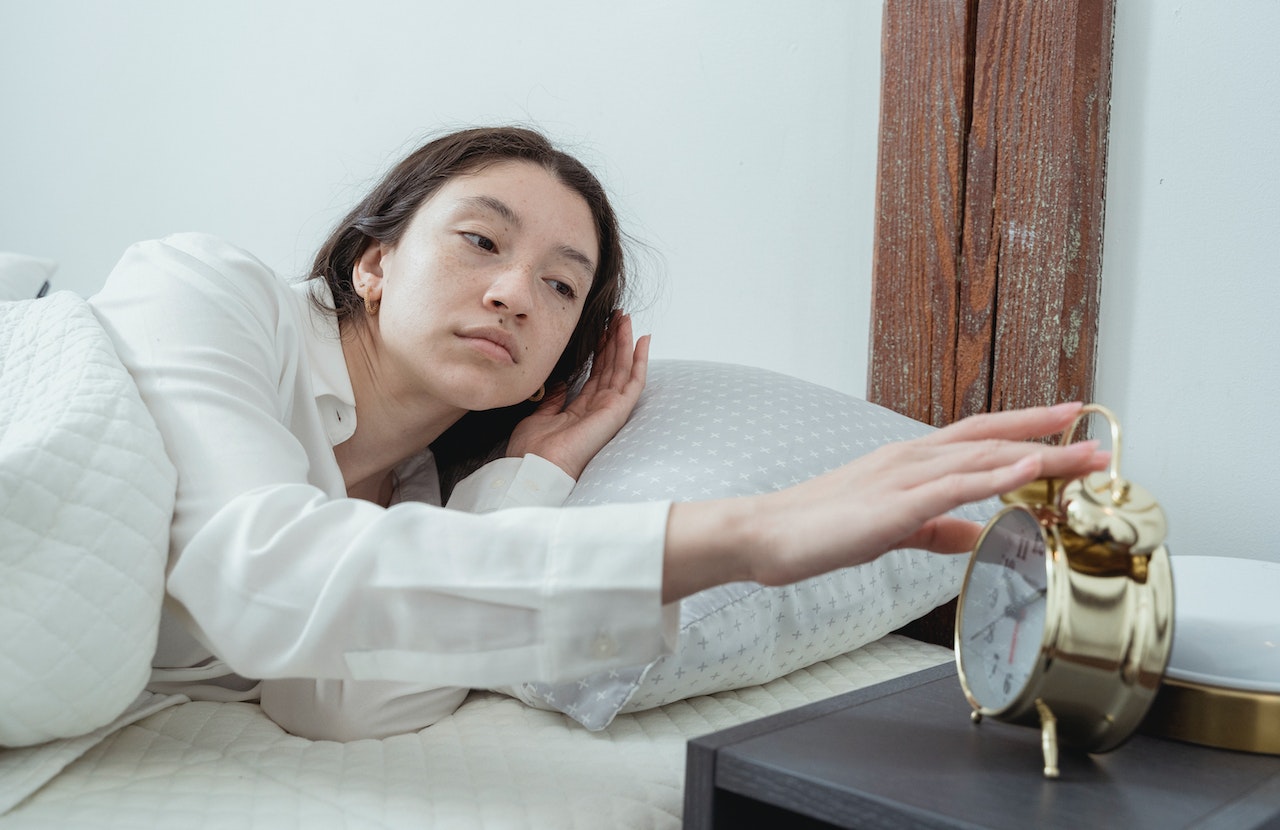
Valuable insights to improve your sleep and wake quality
As entrepreneurs, we need to optimize our time. A trap that many young, or early-stage entrepreneurs fall into is the “grind stage”.
While working on your business 24/7 may feel productive (and very well may be), there is a very well-known tale of burnout. This particular burnout is not caused by lack of motivation, but a poor management of sleep. We need sleep to function at our maximum levels in all facets of life. Your productivity WILL fall off a cliff without proper rest.
So let’s cover and enrich your sleep mindset immediately with these tips.
1. Establish a Consistent Sleep Schedule:
Setting a regular sleep and wake time helps regulate your body’s internal clock, promoting overall sleep quality and wakefulness. Try to maintain a consistent schedule even on weekends to align your body’s natural rhythm. This consistency helps train your body to fall asleep and wake up more easily. (Source: Sleep Health Journal, 2015)
2. Create a Restful Sleep Environment:
Design your sleep environment to be cool, dark, and quiet, as these conditions facilitate deep sleep. A popular and well-studied temperature range is 65-68 degrees Fahrenheit. Ensure your bedroom is well-ventilated and at a comfortable temperature. Invest in high-quality bedding, pillows, and consider using sleep aids such as eye masks or white noise machines to block out external disturbances if needed. I personally prefer not to use eye masks or white noise machines. (Source: Journal of Sleep Research, 2020)
3. Limit Exposure to Blue Light Before Bed:
Blue light emitted by electronic devices like smartphones, tablets, and computers can disrupt your sleep-wake cycle by suppressing melatonin production. Minimize screen time at least one hour before bedtime. If you need to use devices, consider using blue light filters or wearing blue light-blocking glasses to reduce exposure. (Source: Journal of Clinical Sleep Medicine, 2017)
4. Practice Relaxation Techniques:
Engaging in relaxation techniques before bed can help calm your mind and prepare your body for sleep. Try activities such as meditation, deep breathing exercises, progressive muscle relaxation, or gentle yoga. These practices promote a sense of relaxation and reduce anxiety, facilitating better sleep. (Source: Sleep Medicine Reviews, 2015)
5. Exercise Regularly:
Regular physical activity can enhance sleep quality. Research articles claim to aim for at least 150 minutes MINIMUM of exercise per week. My take is that we all need much more than this(I exercise 6 days a week). Exercise promotes the release of endorphins, reduces stress, and helps regulate your body’s sleep-wake cycle. However, avoid intense workouts close to bedtime, as they may energize your body and make it harder to fall asleep. (Source: Sleep Medicine Reviews, 2017)
6. Optimize Your Bedroom for Sleep:
Transform your bedroom into a sleep sanctuary by reserving it for sleep and intimacy. Avoid engaging in stimulating activities like work or watching TV in bed. Make your bedroom comfortable, clutter-free, and conducive to relaxation. Creating a dedicated sleep environment helps train your brain to associate the bedroom with rest and sleep. (Source: Sleep Medicine Clinics, 2018)
6. Manage Stress Levels:
Chronic stress can significantly impact sleep quality. Implement stress management techniques such as journaling, engaging in hobbies, practicing mindfulness or meditation, or seeking social support. These activities help reduce stress levels, calm the mind, and promote better sleep. Prioritizing self-care and finding healthy ways to cope with stress can greatly enhance your sleep routine. (Source: Journal of Sleep Research, 2020)
7. Evaluate Your Diet and Hydration:
Pay attention to your eating and drinking habits, as they can influence your sleep quality. Avoid heavy meals close to bedtime, as they may cause discomfort and disrupt sleep. Limit your caffeine intake, especially in the afternoon and evening, as it can interfere with falling asleep. A simple rule of thumb is no caffeine after 5-6pm. While alcohol may initially make you drowsy, it can disrupt the quality of your sleep later in the night. Stay hydrated throughout the day, but reduce your liquid consumption closer to bedtime to minimize nighttime awakenings. (Source: Sleep Medicine Clinics, 2014)
8. Natural Supplementation: Magnesium:
Magnesium is a mineral known for its potential role in promoting sleep quality and relaxation. It helps regulate neurotransmitters and aids in muscle relaxation. Consider incorporating magnesium-rich foods into your diet, such as leafy green vegetables, nuts, seeds, and whole grains. Additionally, you can explore magnesium supplements to ensure you meet your daily requirements. (Source: Nutrients, 2017)
9. The Power of Growth Hormone Secretion During Sleep:
During sleep, growth hormone (GH) is released, playing a vital role in tissue repair, muscle growth, and overall health. GH is especially important for children and adolescents but continues to be significant throughout adulthood. We will explore the fascinating topic of maximizing growth hormone secretion during sleep in our next article, where we’ll delve deeper into this subject.
These detailed strategies provide you with a baseline of valuable insights to improve your sleep and wake quality. Remember, quality sleep is essential for overall well-being and optimal functioning. Remember to come back to this email to jog your memory of the insights we have provided for you!



